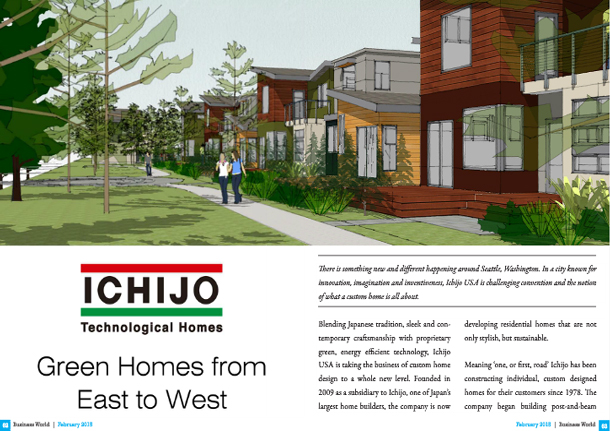
Green Homes from East to West
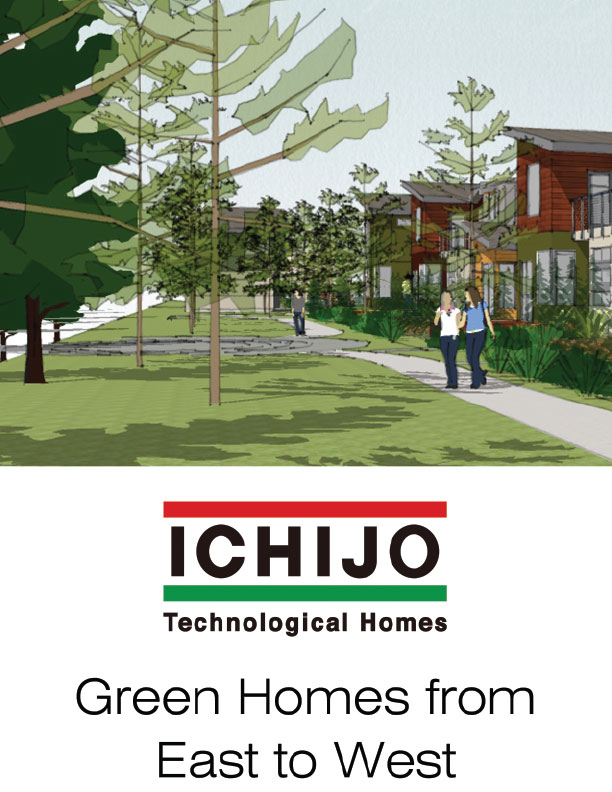
There is something new and different happening around Seattle, Washington. In a city known for innovation, imagination and inventiveness, Ichijo USA is challenging convention and the notion of what a custom home is all about.
Blending Japanese tradition, sleek and contemporary craftsmanship with proprietary green, energy efficient technology, Ichijo USA is taking the business of custom home design to a whole new level. Founded in 2009 as a subsidiary to Ichijo, one of Japan’s largest home builders, the company is now developing residential homes that are not only stylish, but sustainable.
Meaning ‘one, or first, road’ Ichijo has been constructing individual, custom designed homes for their customers since 1978. The company began building post-and-beam homes but is now more focused on the i-cube. Developed in 2008, more than 3,000 homes have been constructed to these standards in Japan. The i-cube represents four innovations: comfort, usable, beneficial and eco-friendly. Fabricated entirely indoors, i-cube homes can be erected in weeks, not months and built one at a time to fit your street, your neighborhood, and your needs and tastes. As the real estate market shifts its thinking to appease the more environmentally conscious customer and provide healthier living environments, Ichijo USA’s goal is to employ a series of standards, practices and processes to usher in a new benchmark for custom home building.
For Ichijo USA Marketing Manager Amy Tovel, the intricacies of both the business and sustainability model further amplify the persuasiveness of the brand, its narrative and its ability to consistently deliver high quality products.
“Unlike most builders here in the USA who build developments, In Japan it’s one house at a time and it’s completely custom,†Tovel said. “They’re building at least 10,000 homes a year now and so many that they have a facility in the Philippines where they fabricate much of what goes into homes – like windows, in-floor radiant heating and solar powered systems.â€
Leaders in energy-efficiency, Ichijo USA’s commitment to testing and improving its innovative processes and products has carried over to the US-based market, who continue to carry on the company’s philosophy of ‘one at a time.’ But like any other innovative company looking to disrupt and enter a saturated industry, Ichijo USA has taken an alternative route of action.
“We do build custom homes here, but because we’re not as well known, we are building developments,†Tovel said. “We’re currently in the Pacific Northwest; Seattle area where we have a number of developments as well as individual homes we are building with some custom home buyers. It’s not exclusively building custom homes here as it is in Japan. We have the advantage where we use some of the products that they make [in the Philippines] and ship them over, because it makes a lot of sense for our business.â€
DEVELOPMENTS
In 2011, Ichijo USA took on their inaugural development. Spearheaded by the City of Issaquah with other partners, the zHome community was the first of its kind in the country. Using net-zero energy, the 10 townhomes were all equipped with the latest state-of-the-art innovations in energy and green efficiency including geothermal, rainwater systems for recycling rainwater for flushing toilets and washing machines as well as solar and in-floor radiant heating to create a utopian way of living. As President of Ichijo USA, Akinobu Ohno sees the zHome project as just the beginning.
“We’re now in the process of building some other projects around Issaquah, where there are 35 single family lots†Ohno said. “We’re going to start other projects in other cities; we anticipate completing 40-60 projects in 2015.â€
The ambitious and aggressive project plans set forth by Ichijo USA are already being put into place, with development already beginning on a community called Sun Ridge, located in the Issaquah Highlands. The 35 single-family detached homes being built will all have solar panels on them, a majority of them will also have Ichijo’s own in-floor radiant heating, a product that the company fabricates on its own; a unique selling point for the area and another step in the right direction for the six-year-old company.
BUILT GREEN
Implementing green initiatives as part of their business practices has its challenges. As influencers and thought leaders in the space, however, Ichijo USA understands that it is not a one-size-fits-all solution.
“In King and Snohomish County there is a green home certification program called Built Green. We apply the Built Green Certifications – about 4-Star and sometimes we get 5-Star for some other projects,†Ohno said.
Built Green is an environmental rating system that scores 2-5 stars depending on the number of requirements met. Ichijo USA aims high to exceed expectations.
“Built Green 4-Star is our goal for all the homes we build, but it sometimes exceeds that to 5-Star and net-zero energy homes,†Tovel added.
Harnessing technology as a means to enhance quality of life is something Ichijo USA are constantly striving for. By identifying issues in other parts of the world, it spurs the company to continually innovative and discover incentives for using its proprietary green technology.
“As you know, in Japan they’re dealing with the nuclear crisis so the price of energy is significantly higher there than it is here,†Tovel said. “There is a big incentive to take that on and Ichijo did just that.â€
“The people in Japan are paying three to four times more for electricity when compared to the United States,†Ohno added. “That’s why the people in Japan are very conscious about their monthly heating and cooling bills.â€
To combat both the concerns and the consciousness of its customers, Ichijo USA’s rigorous research and development has led them to continually push the boundaries of their technology as a means towards fostering peace of mind.
“One of the next things we have to do is improve the building envelope so the houses and the panel systems that we make in the Philippines become 50 to 60% thicker,†Ohno said. “We focus on generating energy by our own set of systems and reducing energy consumption by using our improved building envelope, this is the main technology here at Ichijo and we can use the same system here in the United States.â€
NATIONAL TIES
An integral part of Ichijo USA’s upbringing in the North American market is due to its relationship with their suppliers. While the majority of the essential technology and products created come from the group company in the Philippines, such as the windows, and radiant in-floor heating system, there are aspects which must be sanctioned under national legislation.
“Some products need to have the certification when you go and use them in the United States market,†Ohno said. “This is why we send these items to the testing laboratory in the United States, so our products are all certified in the USA. For things like plumbing and the finishing products, we buy these from our subcontractors in America.â€
CULTURAL COLLABORATION
With operations spanning Japan, USA, Australia and fabrication in the Philippines, Ichijo’s corporate culture is growing. A look at the numbers within their Asia division proves how global – and vast – Ichijo is. There are 3,200 employees working on both ends in Japan and a staggering 12,000 employees in the Philippines spread across the factory and administration. A cultural melting pot, the United States division’s numbers are small; 10 in total that includes everyone from designers and project managers to marketing and sales. Utilizing their resources effectively and creatively, the team comes together to unify under a common cause – the Ichijo philosophy.
“Our culture here is a mix of Japanese and American,†Tovel said. “We combine both cultures and it’s a nice relationship and working environment. There’s a lot of innovation and possibility to incorporate your own ideas and getting your input in there since we’re such a small company. The technology is fun and exciting, especially for the Pacific Northwest area.â€
As the United States division picks up steam, Ichijo is now building in Australia as well – further expanding their cultural identity and innovative product to more diverse markets around the world.
THE FUTURE
As custom homes go, the ideal that build it and they will come doesn’t always guarantee success. But as Ichijo USA continues to build and design homes their way, they remain focused on the quality, the products and their energy efficient technologies as a means to challenge convention, change the minds of progressive yet conservative North American home buyers and what it means to live in a humble, happy and healthy home.
“One of the important topics that we talk about in Japan is how to expand our business in the United States,†Ohno said. “In the next three to five years we’re planning to reach 300 to 600 to even 1,000 homes per year and are looking for new opportunities in other states like Oregon and California.â€
The evolution of the custom designed home is here, and it may be coming to a city near you.


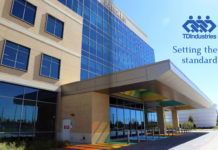
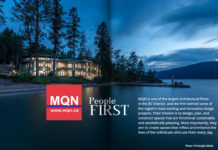
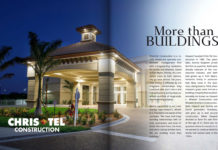


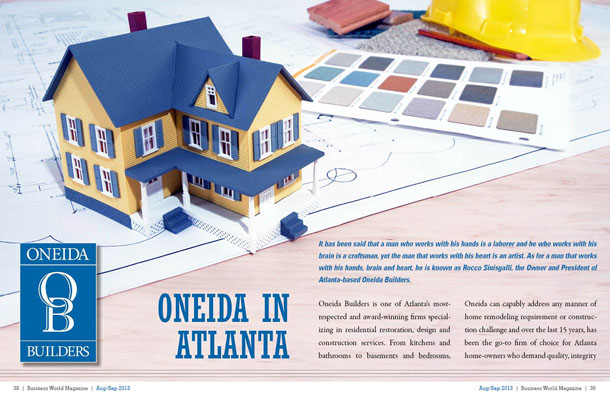

Dear Sir,
I am interested in doing business with you. Recently there was a big earthquake of 7.8 richter in my country Nepal. Huge loss of lives and properties. Govt is in the process of rebuilding nation with the help of many countries. If we can build earthquake resistant building/ heritages, there is a big business scope. I would like to discuss personally, Pls let me know your views.
Regards,
Gautam Bania.
Comments are closed.